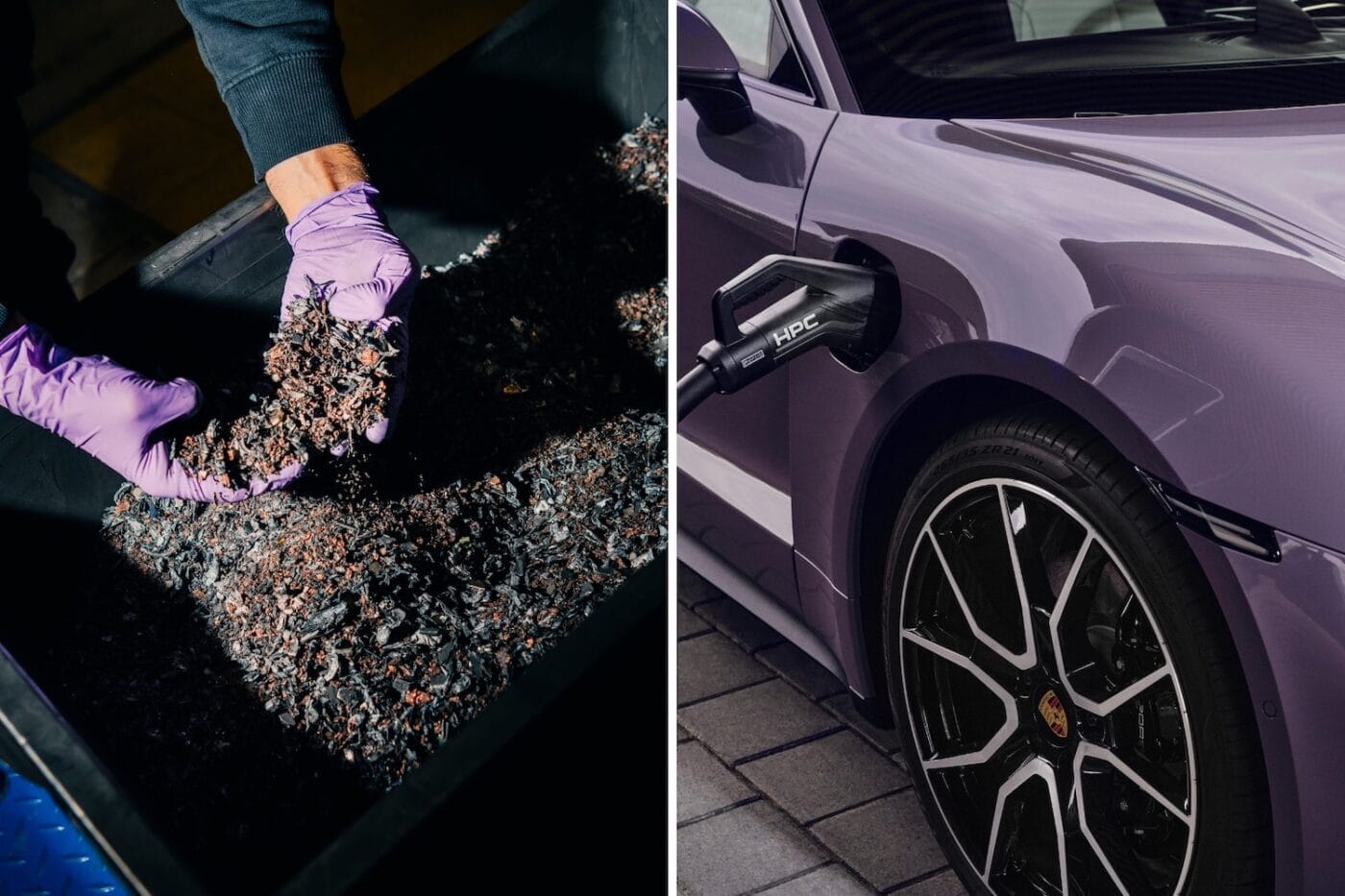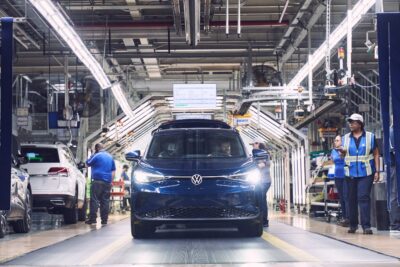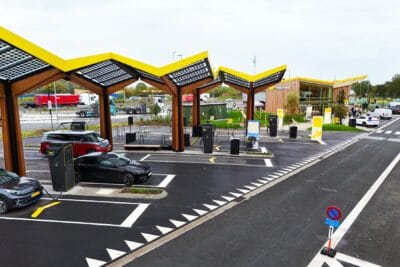Cylib produces lithium from used EV batteries
Cylib is seen as one of the biggest hopes for battery recycling in Germany and last year secured €55 million from investors including Porsche Ventures and Bosch Ventures. After inaugurating its pilot plant in 2023, Cylib is now building its first industrial recycling facility at the Chempark Dormagen site in North Rhine-Westphalia, set to start operations in 2026.
The plant will focus on recycling raw materials from lithium-ion batteries, implementing a water-based process to recover lithium and graphite, including production waste and black mass.
On its path to commercial operation, Cylib has now cleared an important milestone: The German startup, together with Syensqo, has developed a process that produces battery-grade lithium from old EV batteries, suitable for new electric vehicle batteries. Specifically, this involves lithium hydroxide, the preferred form of lithium by battery manufacturers for new EV batteries.
Within the framework of a project, hundreds of litres of Cylib’s lithium-rich process solutions were treated with an extraction agent called CYANEX 936P from Syensqo, developed jointly with engineering partner Tenova Advanced Technologies. After extraction, purification, conversion, and crystallisation, the resulting product meets the strict purity standards demanded by leading manufacturers of cathode active materials (CAM) and even exceeds them in some respects, Cylib reports.
“This collaboration with Syensqo demonstrates our commitment to working continuously with partners to develop new processes and expand our technological leadership in battery recycling,” said Matthias Breidenbach, Vice President Commercial at Cylib. “By combining our innovative hydrometallurgical expertise with Syensqo’s advanced solvent extraction technology, we are setting new standards for lithium recovery efficiency and purity.”
No Significant Lithium Production Yet in Europe
So far, Germany and Europe have no substantial lithium production; the raw material is largely sourced from China and South America. While initial European extraction projects like Vulcan Energy’s project in Landau, Germany, are beginning to take shape, battery recycling offers the chance to reintroduce lithium mined elsewhere years ago back into Europe’s supply chain and value creation for EV batteries. This aims to increase sustainability and reduce dependency on overseas deliveries.
At the same time, the EU’s 2023 Battery Regulation requires recycling companies to recover at least 50% of the lithium content in battery waste by the end of 2027, rising to no less than 80% by 2031. Later, a minimum quota for recycled lithium use in new EV batteries will also be introduced.





0 Comments